Phone inspections when crossing the U.S. border: What you need to know about your rights and security
U.S. Customs and Border Patrol are cracking down on border entries, including a rise in electronic checks that let agents scroll through your electronic devices.


In addition to a sweeping immigration agenda that involves limiting entries at U.S. ports of entry, stripping immigrant visas, and deporting undocumented Americans en masse, the Trump administration is revamping its approach to digital security, including the use of personal device searches to detain and deport U.S. residents or tourists at the border.
Individuals, including legal permanent residents and visa holders, have been harassed and even deported by border patrol agents after traveling out of the country. In a handful of cases, European tourists have been detained and held in immigrant detention facilities. The news has stoked fear among many travelers, as individuals report increased device searches upon entry to the U.S.
In March, the U.S. Citizenship and Immigration Services (USCIS) submitted a proposed change mandating a review of social media profiles as part of the process for vetting and approving benefits. The change would apply to immigrants already residing in the U.S., including green card and visa holders. In January, President Donald Trump issued an Executive Order titled, "Protecting the United States from Foreign Terrorists and Other National Security and Public Safety Threats," which included a directive to slow down the visa-issuance process through heightened application scrutiny.
The administration's efforts aren't limited to the citizenship process. If you're planning to cross or enter a U.S. border or customs point, make sure to know your rights and monitor how you can protect your personal data.
What can customs and border patrol do with my phone?
While warrantless searches of personal devices were ruled unconstitutional by the Supreme Court in 2014, U.S. ports of entry are a different legal landscape. According to U.S. law, the CBP reserves the right to inspect electronic devices that cross the border on the premise of national security, also known as electronic checks. Electronic checks make up a small percentage of all border interactions, reports Axios, but heightened border scrutiny may amplify such activity.
Advocates have pushed to include border patrol in warrant laws, with a notable win in 2023, and various appellate courts have ruled that warrants be required for data searches at the border beyond “digital contraband," such as illegal materials. A New York state court decision, for example, ruled that warrants are required for searches of travelers' devices — that means travelers through major New York City airports, like JFK, should be protected from electronic checks. But at large the CBP policy remains, permitting "the inspection, examination, and search of vehicles, persons, baggage, and merchandise," including electronic devices.
U.S. citizens have the right to decline a device search without being barred entrance, but lawful permanent residents and foreign visitors may face harsher interrogation or be denied entry into the country. In both cases, CBP may seize and hold onto your devices.
If your device a seized by a border patrol agent, the agent will conduct either a "basic" or "advanced" search. Basic searches include a manual search of content easily accessible on your device. Advanced searches involve external equipment that can analyze and copy your device's content — advanced searches should only happen on the suspicion of illegal activity and with higher approval.
How can I protect my device?
Travelers should do what they can to protect their personal data during basic CBP searches. According to the Electronic Frontier Foundation, the first step should be limiting the amount of digital information carried across the border, including leaving unnecessary devices at home or using temporary ones.
When entering a port of entry, travelers can also consider turning off their devices completely. Always consult with an immigration lawyer if you are worried your status may come into question or are at risk of deportation.
Delete sensitive information
Experts suggest deleting images or files containing licenses, credit card information, and other documents with sensitive data. Some even suggest deleting personal photos of children or loved ones before traveling. Clear any "deleted" or "trash" folders that may temporarily hold onto erased content, as well.
Make sure any important information or files are backed up to an external location (one that you aren't traveling with), in case your devices are seized and held by CBP. For those with concerns about sensitive data, consider encrypting your device.
Turn off biometric passwords
Due to protections against self incrimination outlined in the Fifth Amendment, law enforcement has the right to ask an individual to unlock their cellphone using a biometric password such as facial recognition or fingerprints, but they cannot ask you supply them with numerical passcodes.
While border patrol operates under a slightly different set of guidelines, you should still consider turning off any settings that provide easy access to your phone, like Face I.D., and strengthening your device passcode before traveling to the U.S. Passcode-locked apps or photo libraries may provide additional security.
Log out of or private your social media accounts
While conducting a basic search, border patrol agents cannot look through personal email inboxes or cloud storage, and your device remains offline or in airplane. However, agents can look at any public social media profiles or posts — so set your pages to private and delete any posts you wouldn’t want an agent to read.





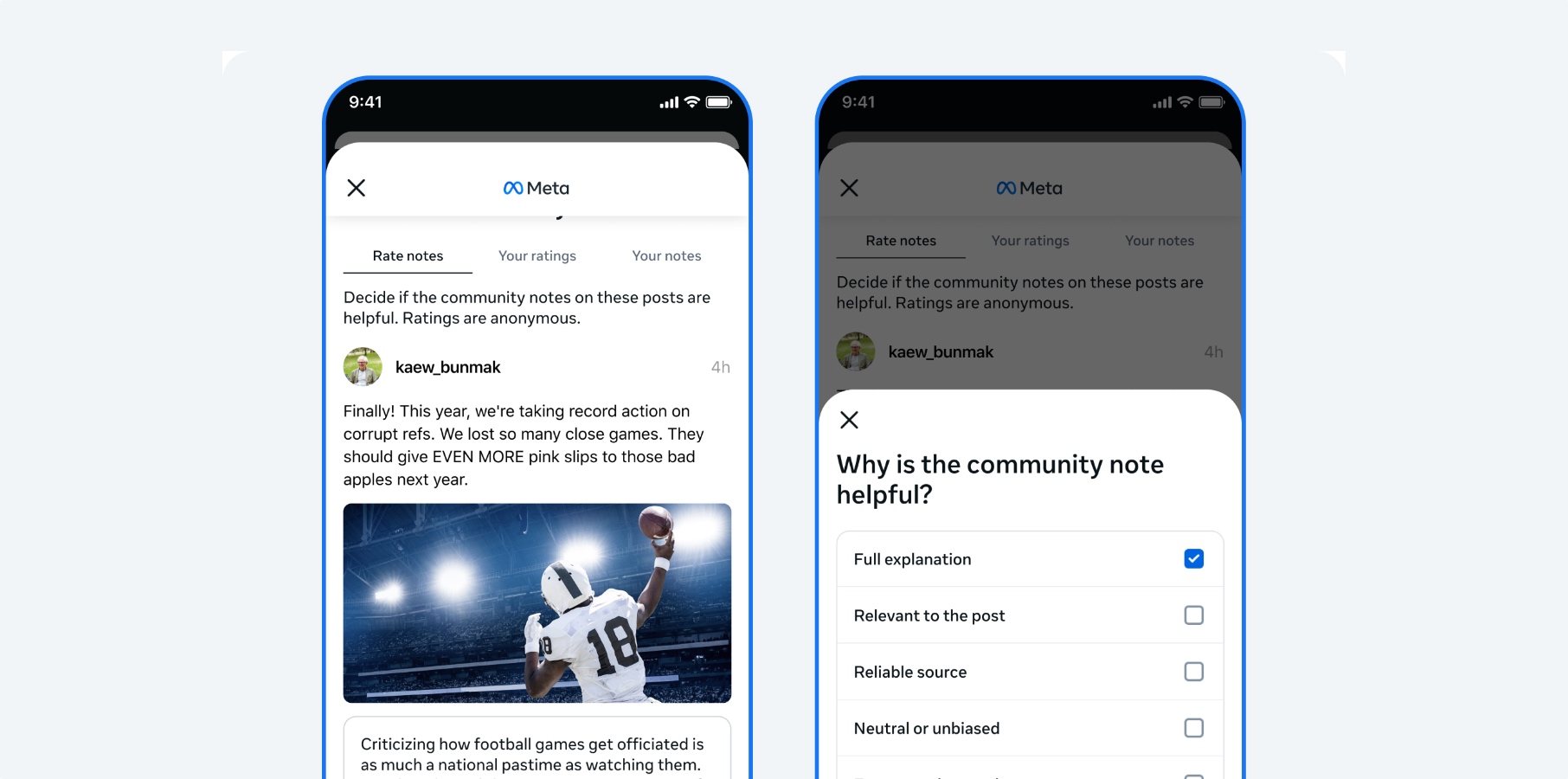

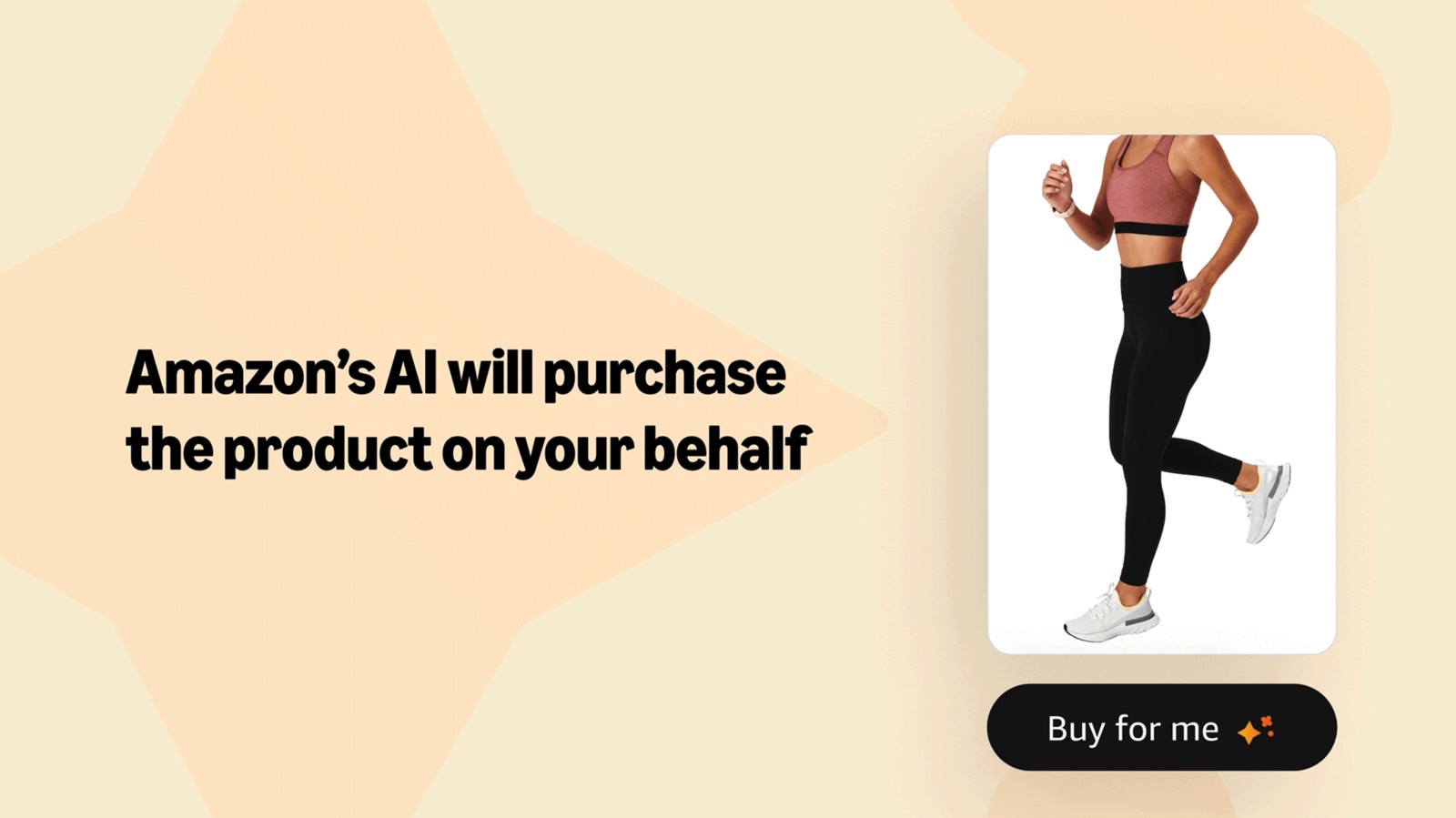



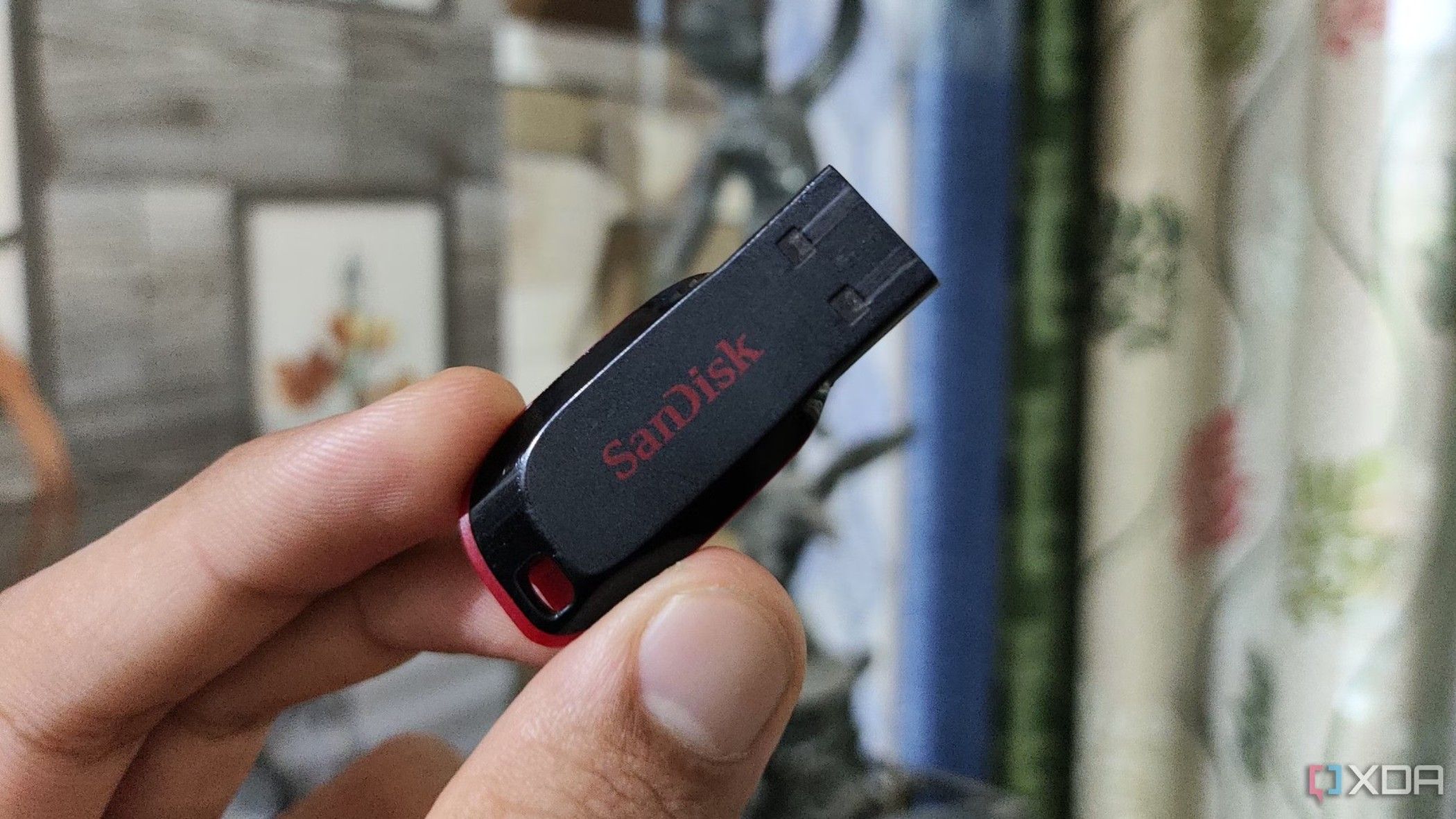
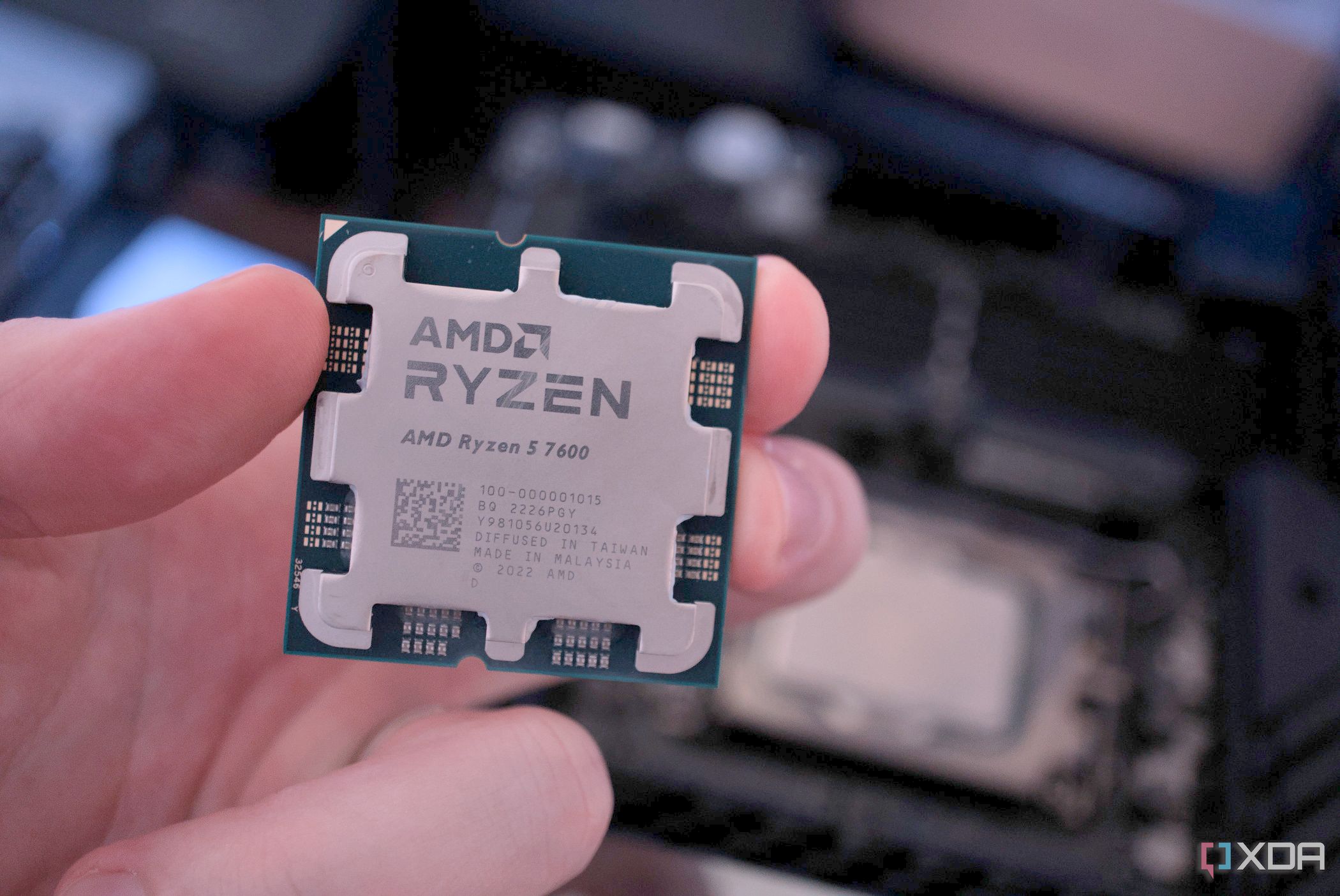
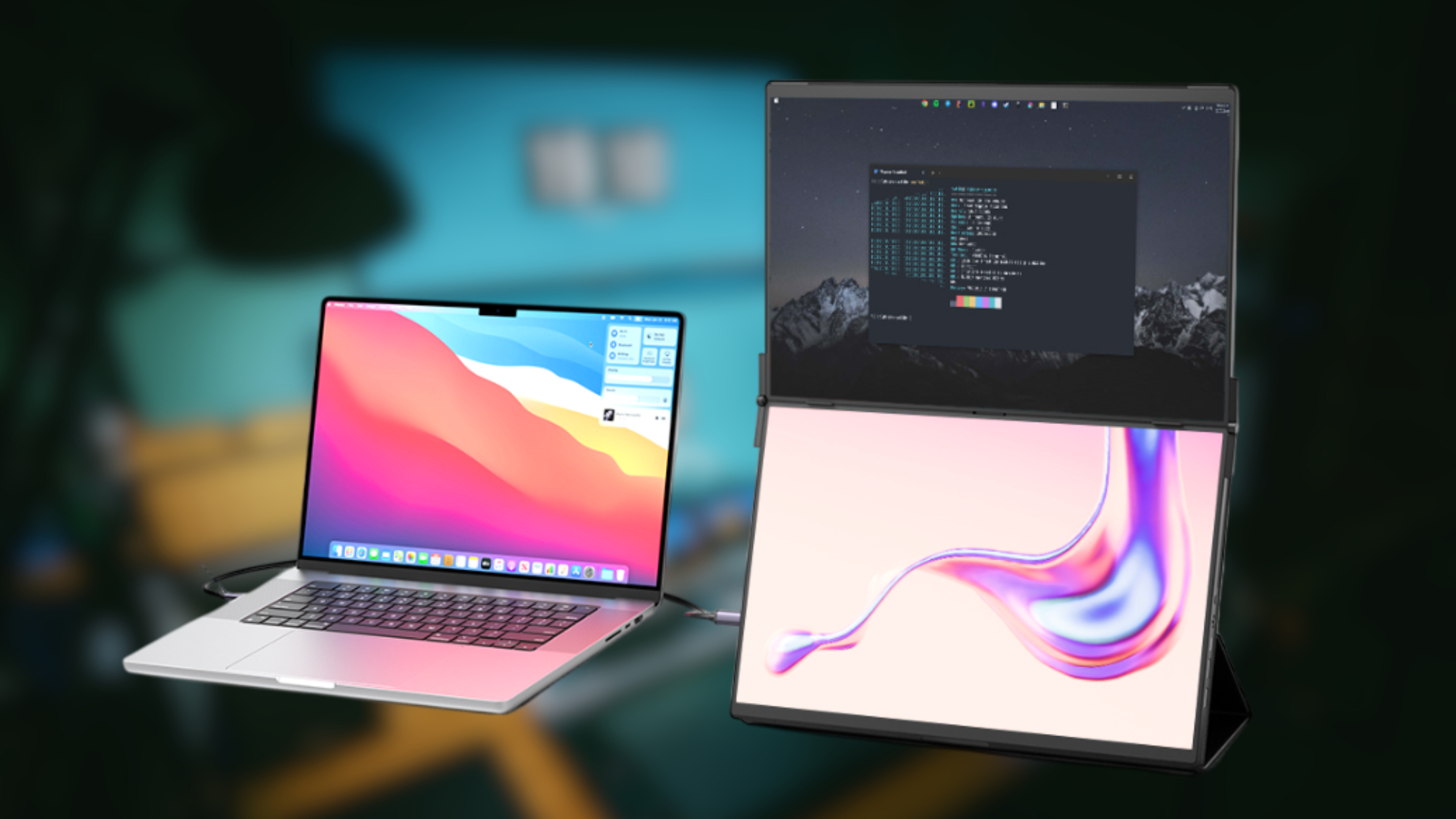

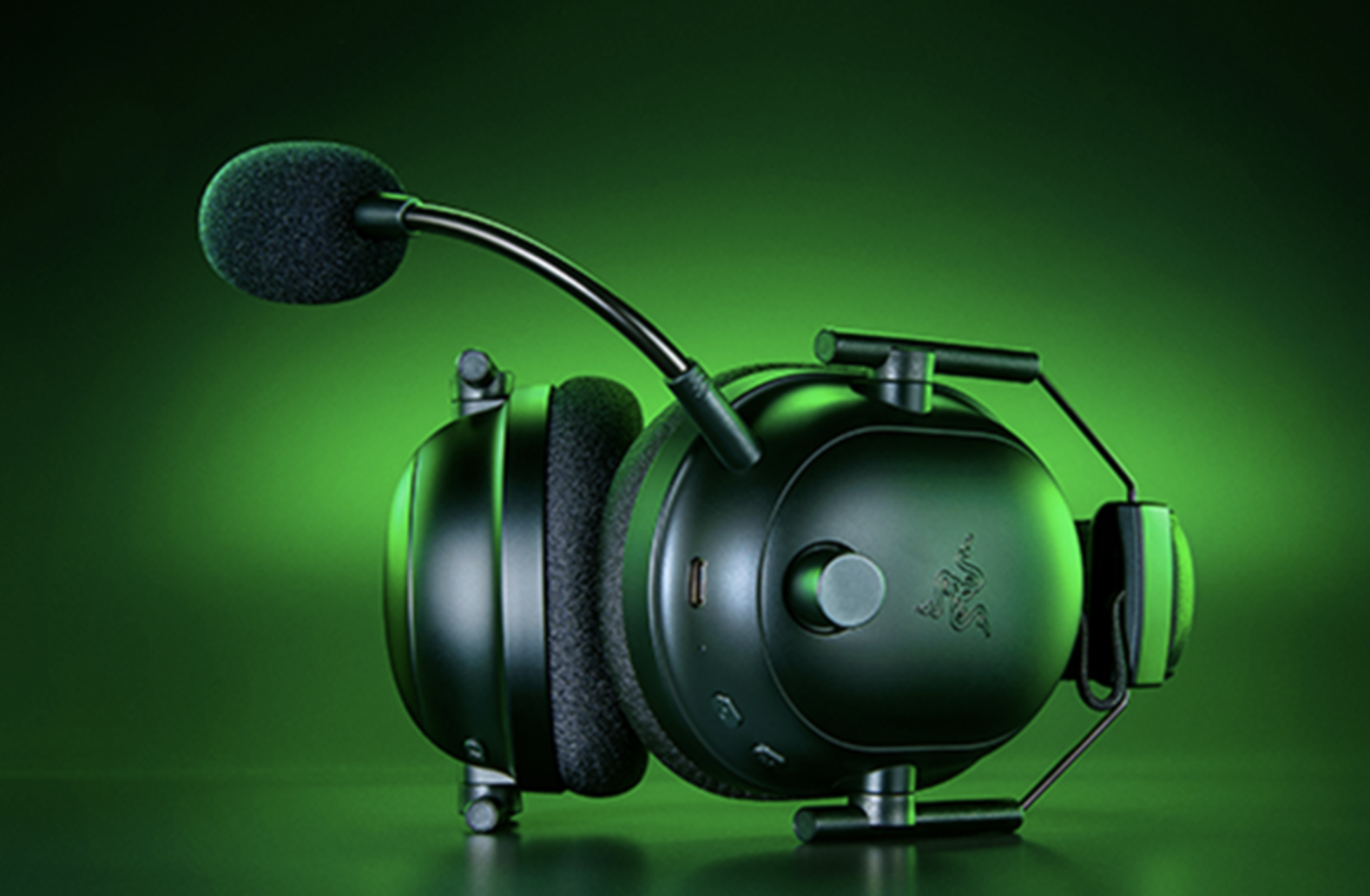













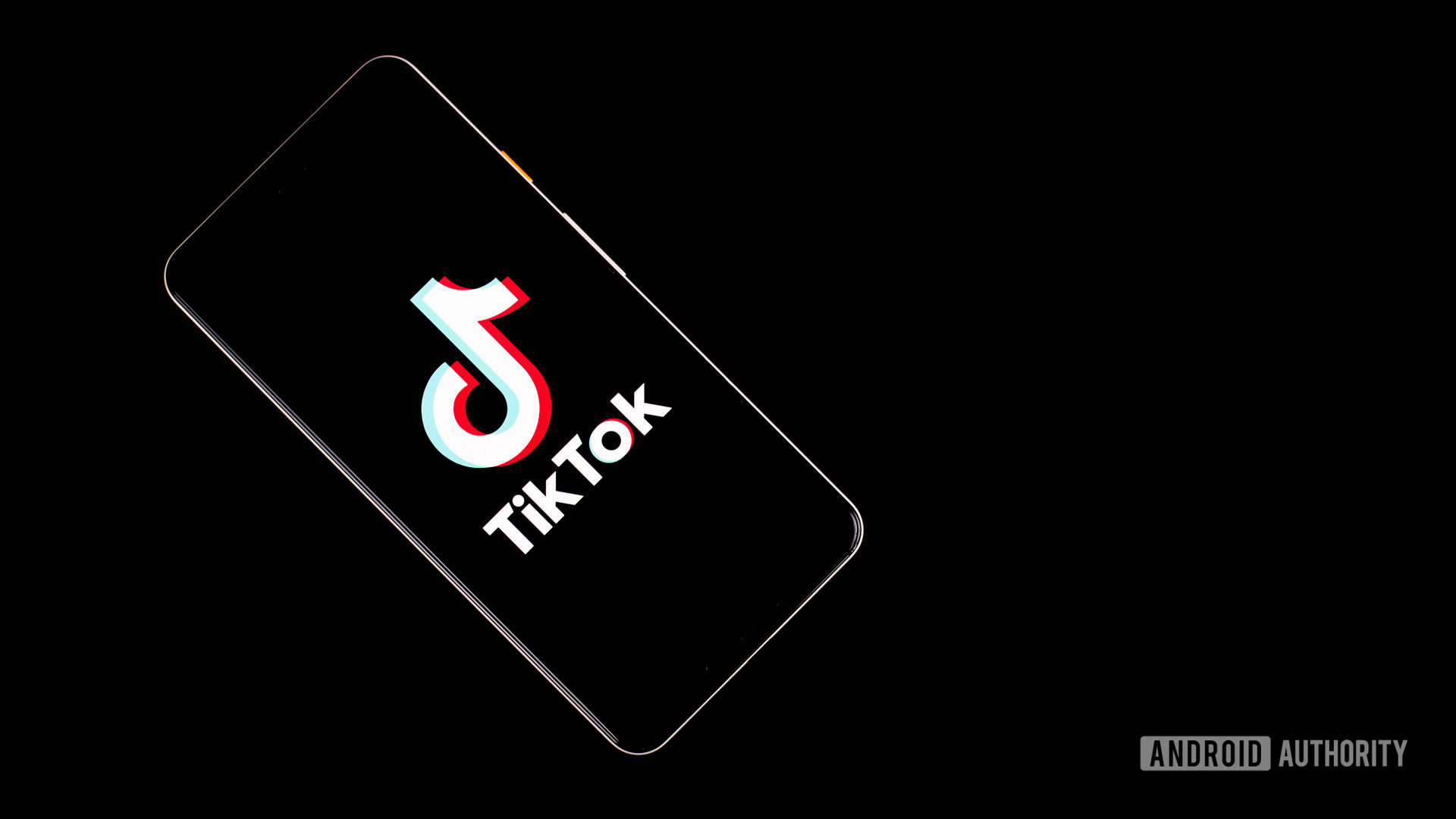
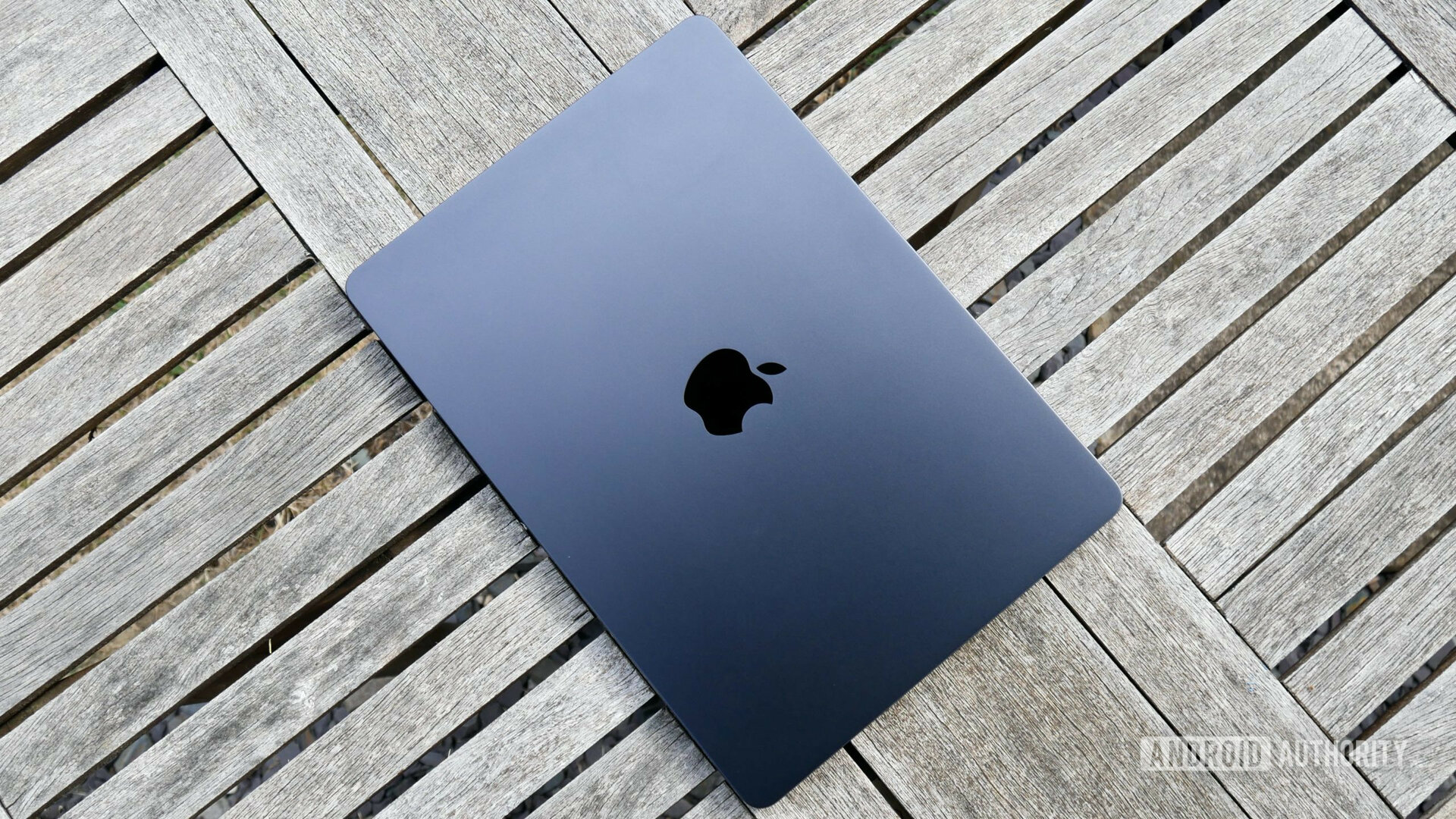

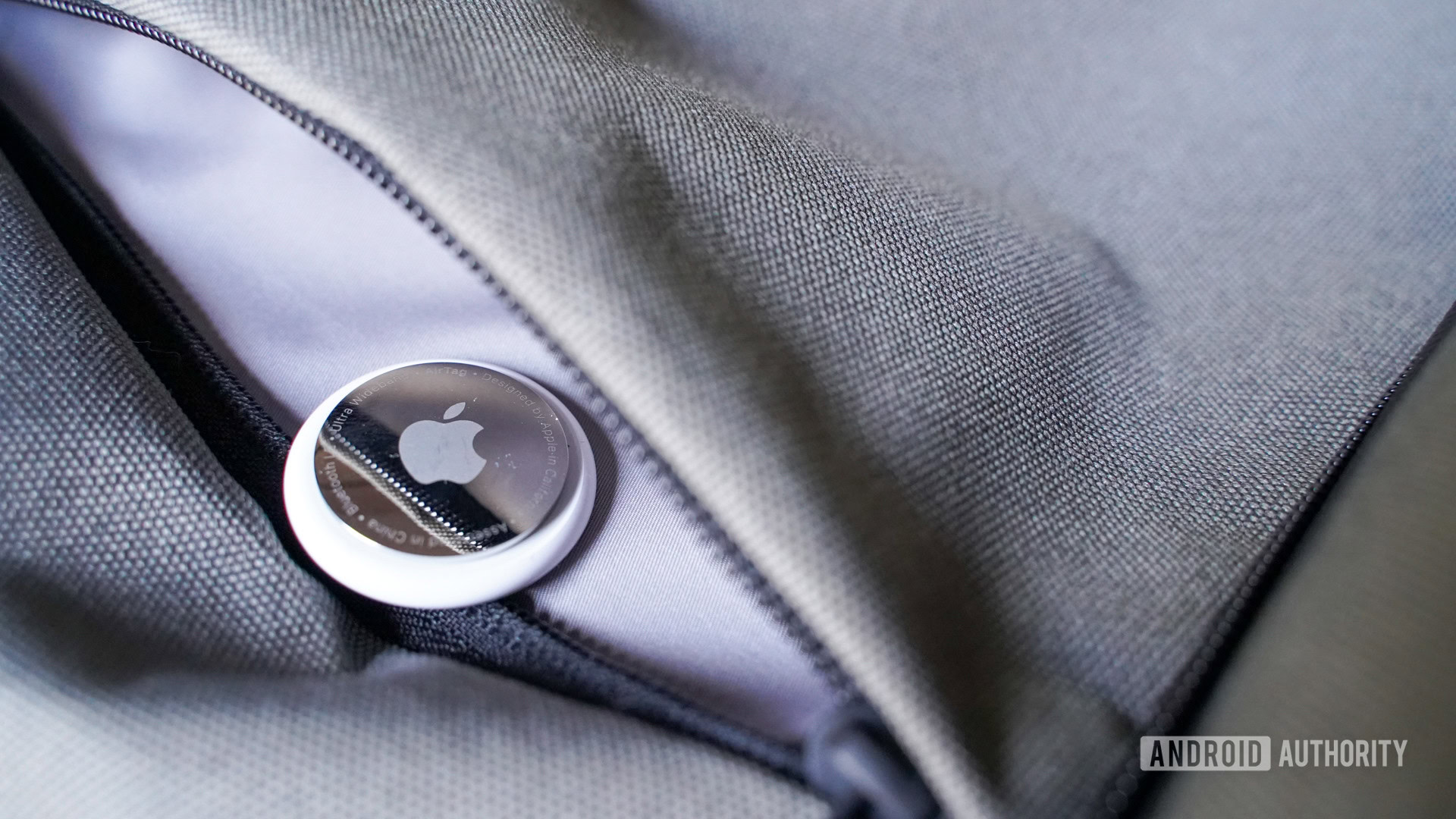
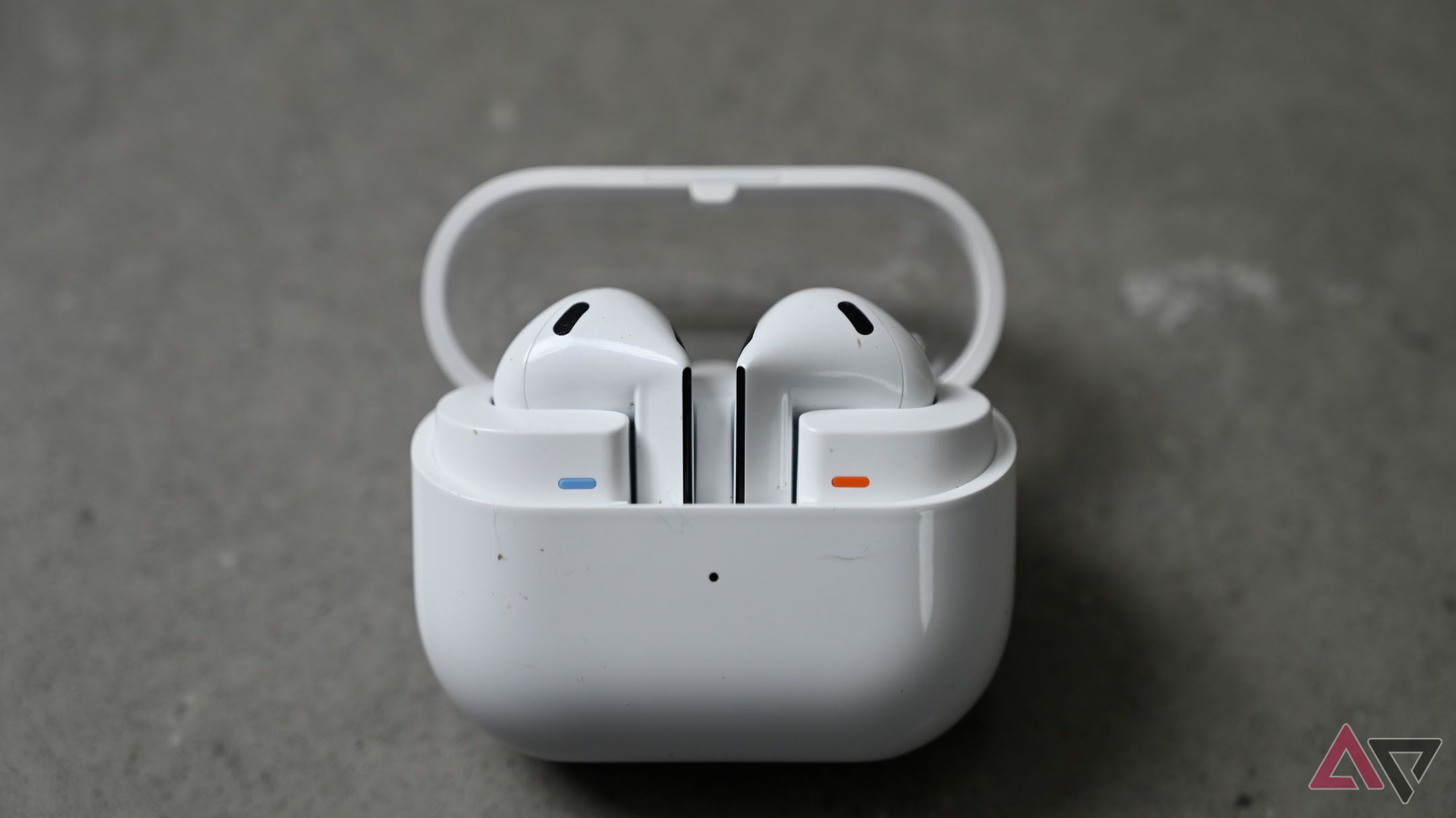










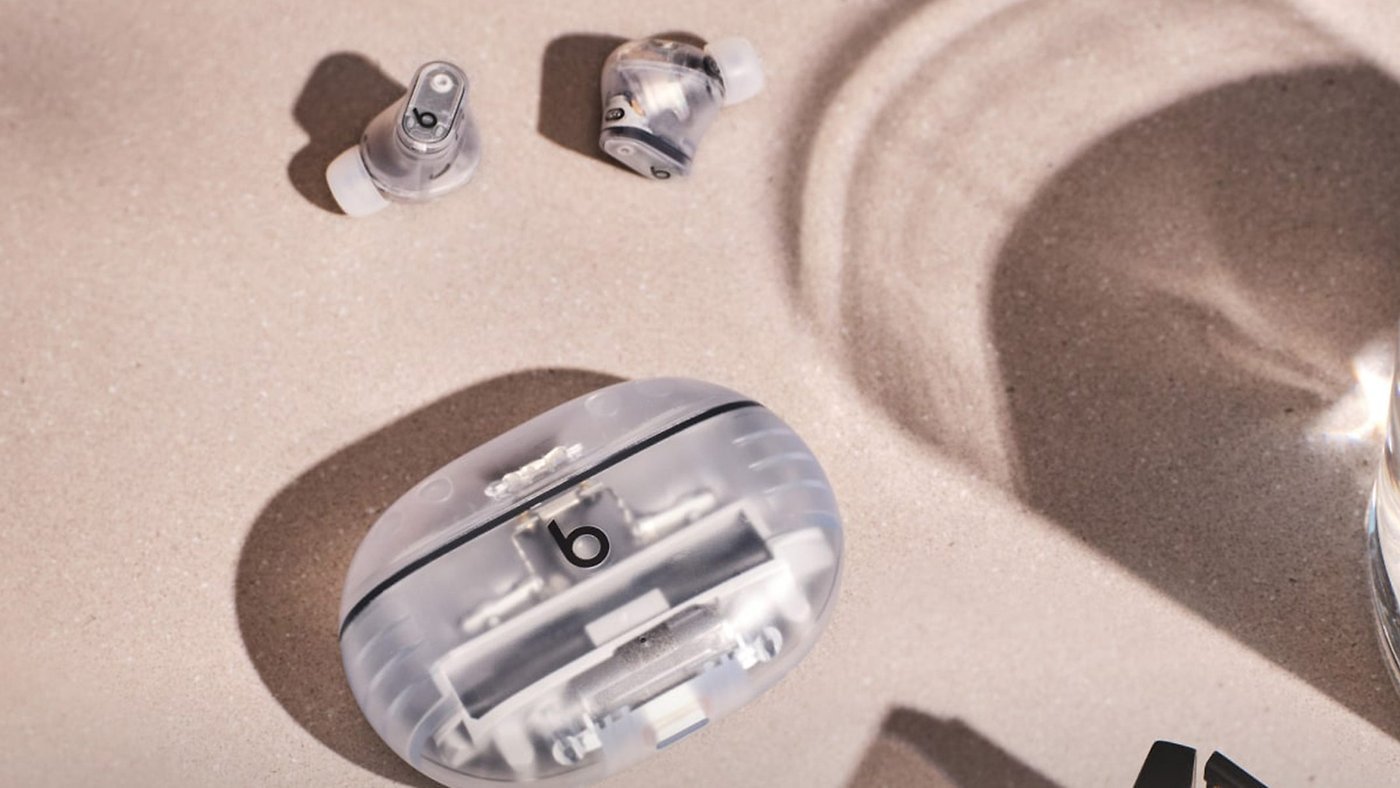
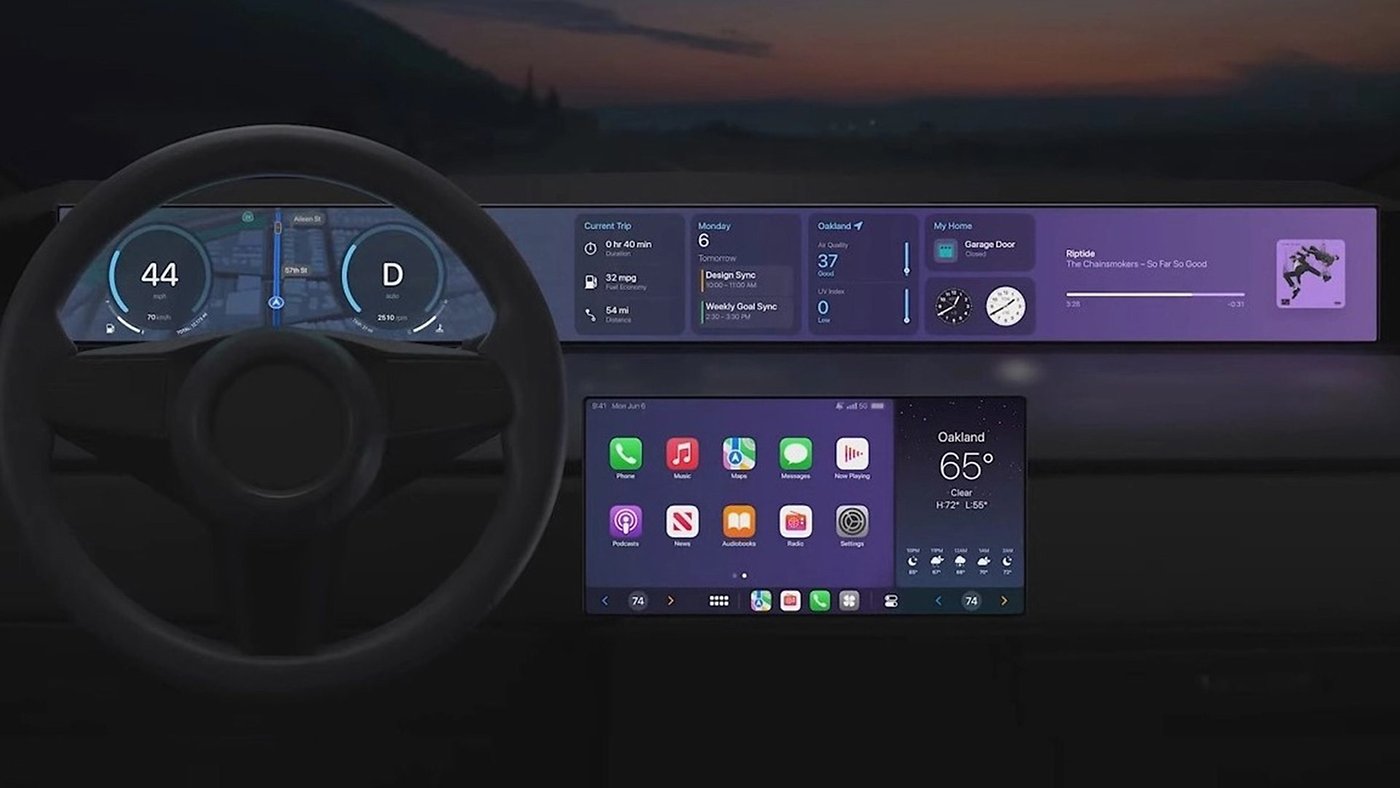

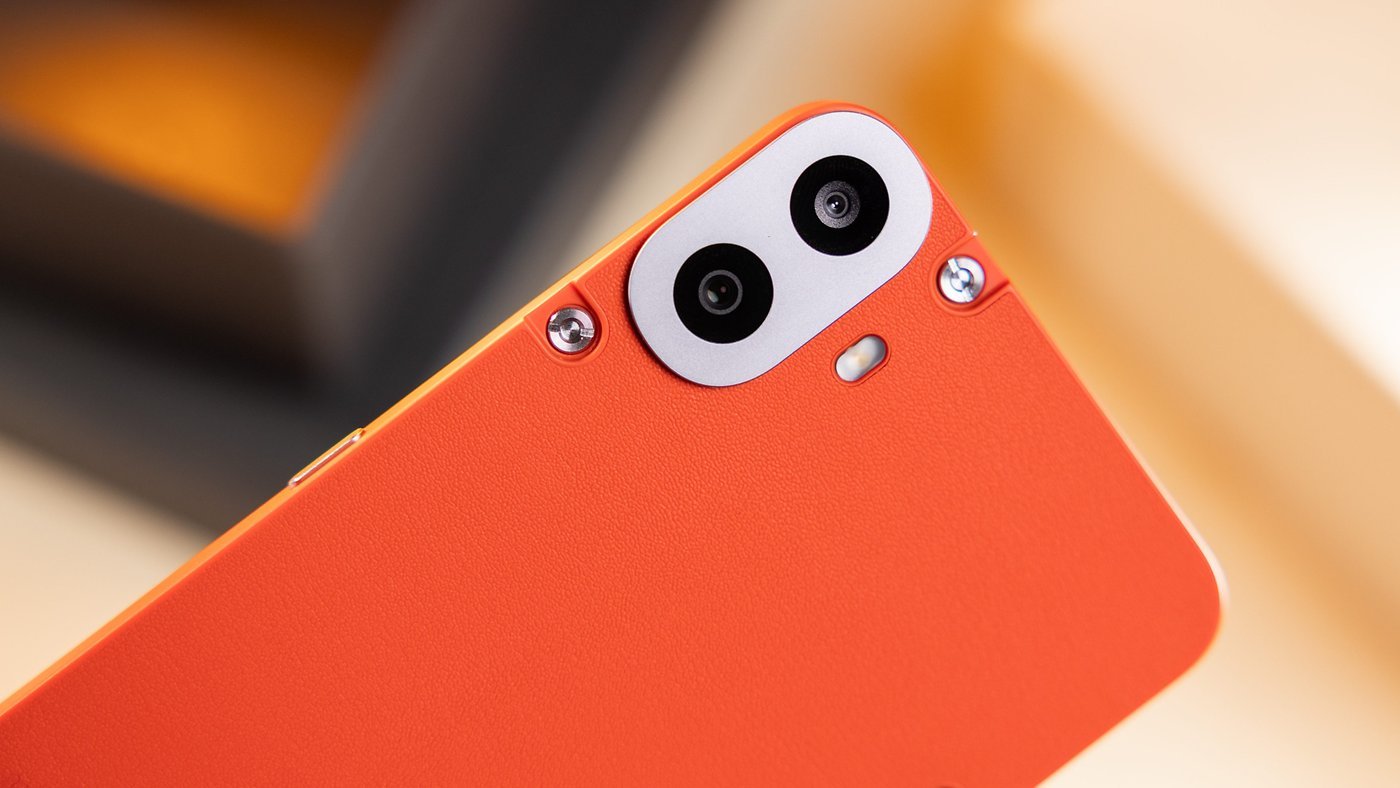









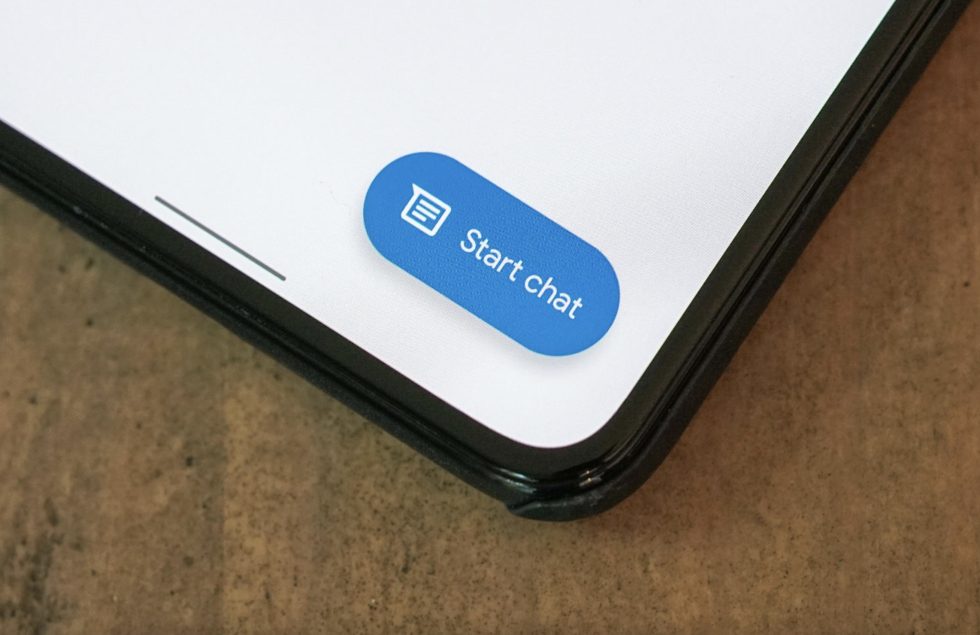





















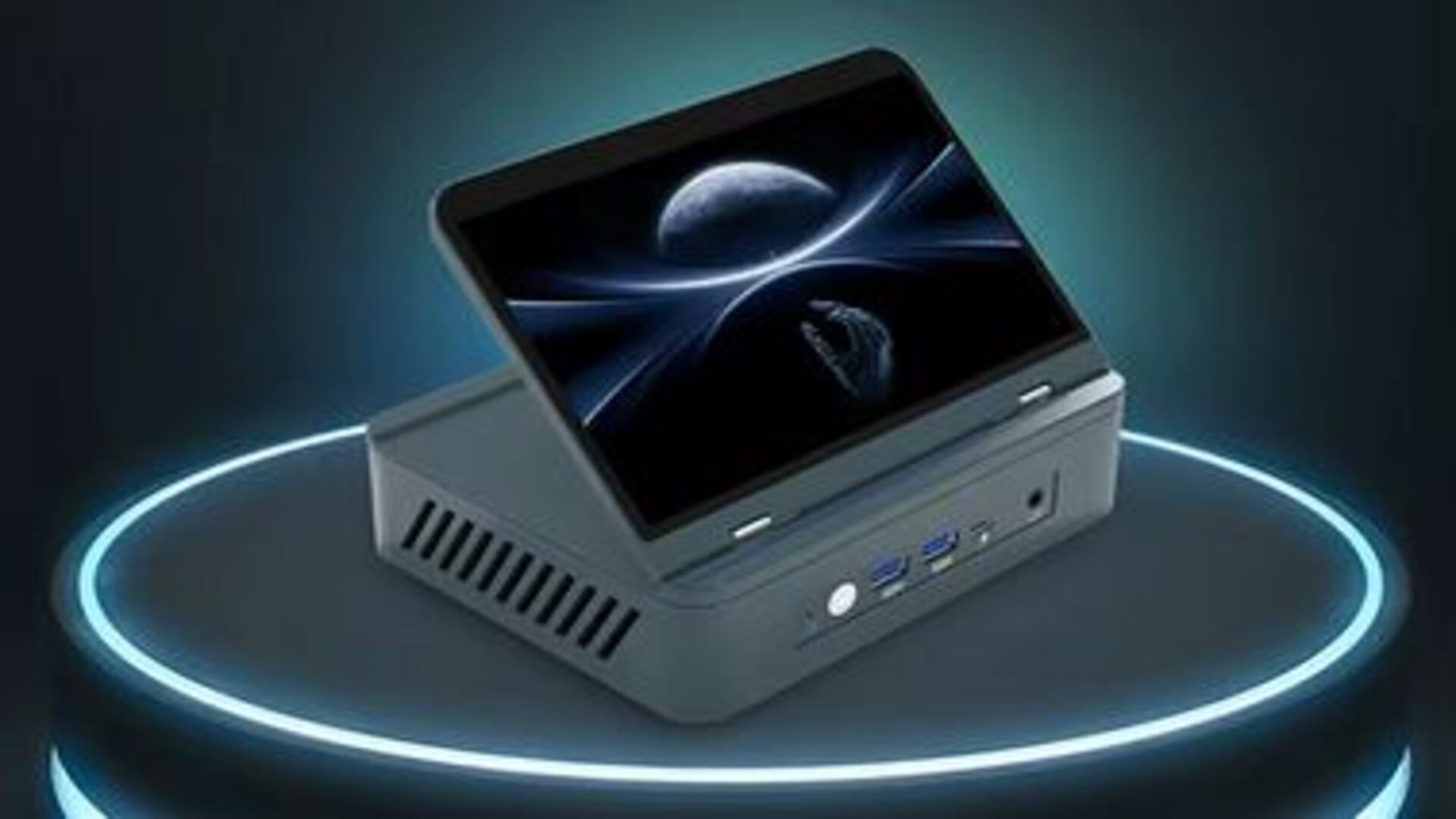

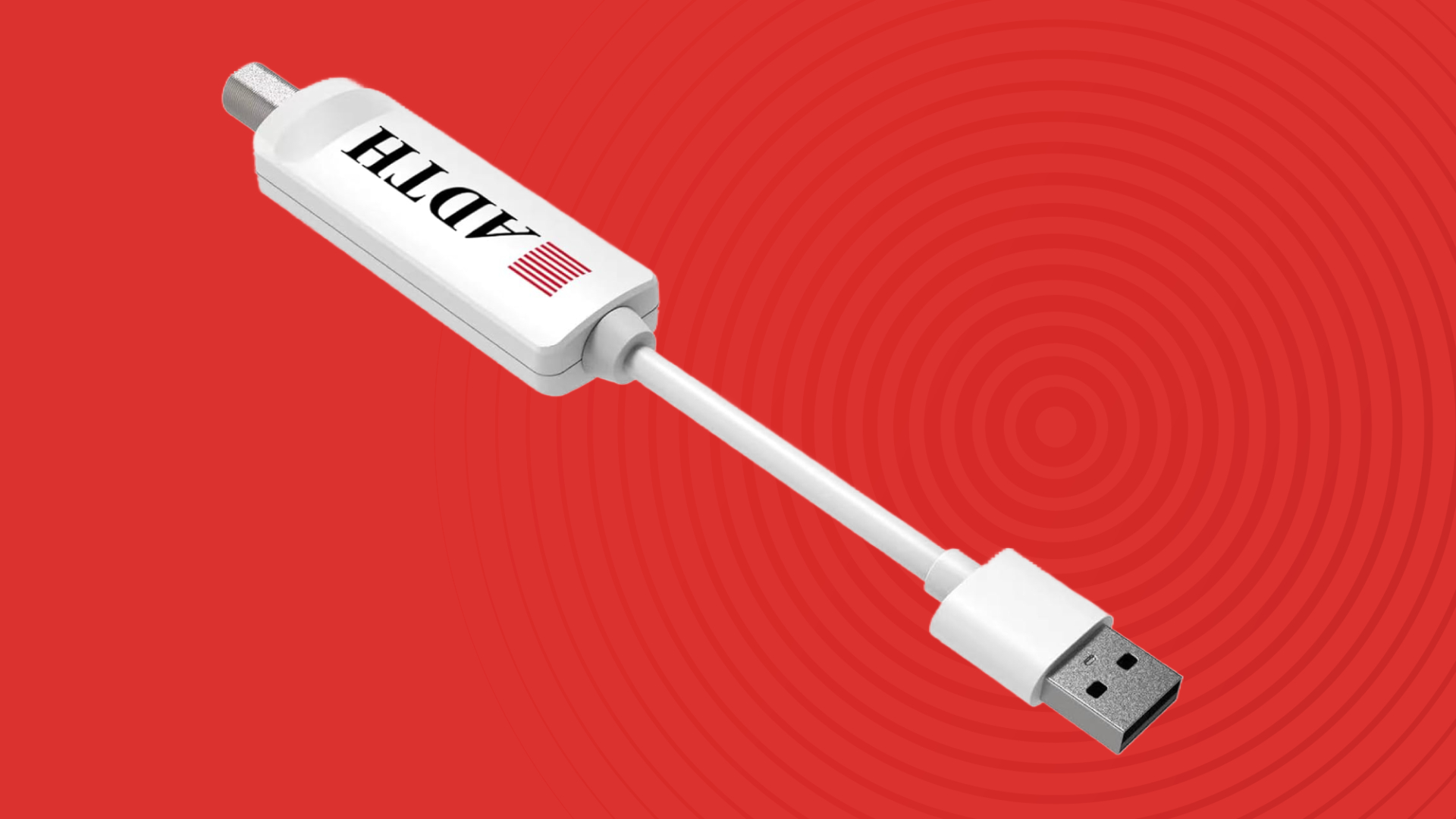




































.jpg)
%20Abstract%20Background%20112024%20SOURCE%20Amazon.jpg)


















